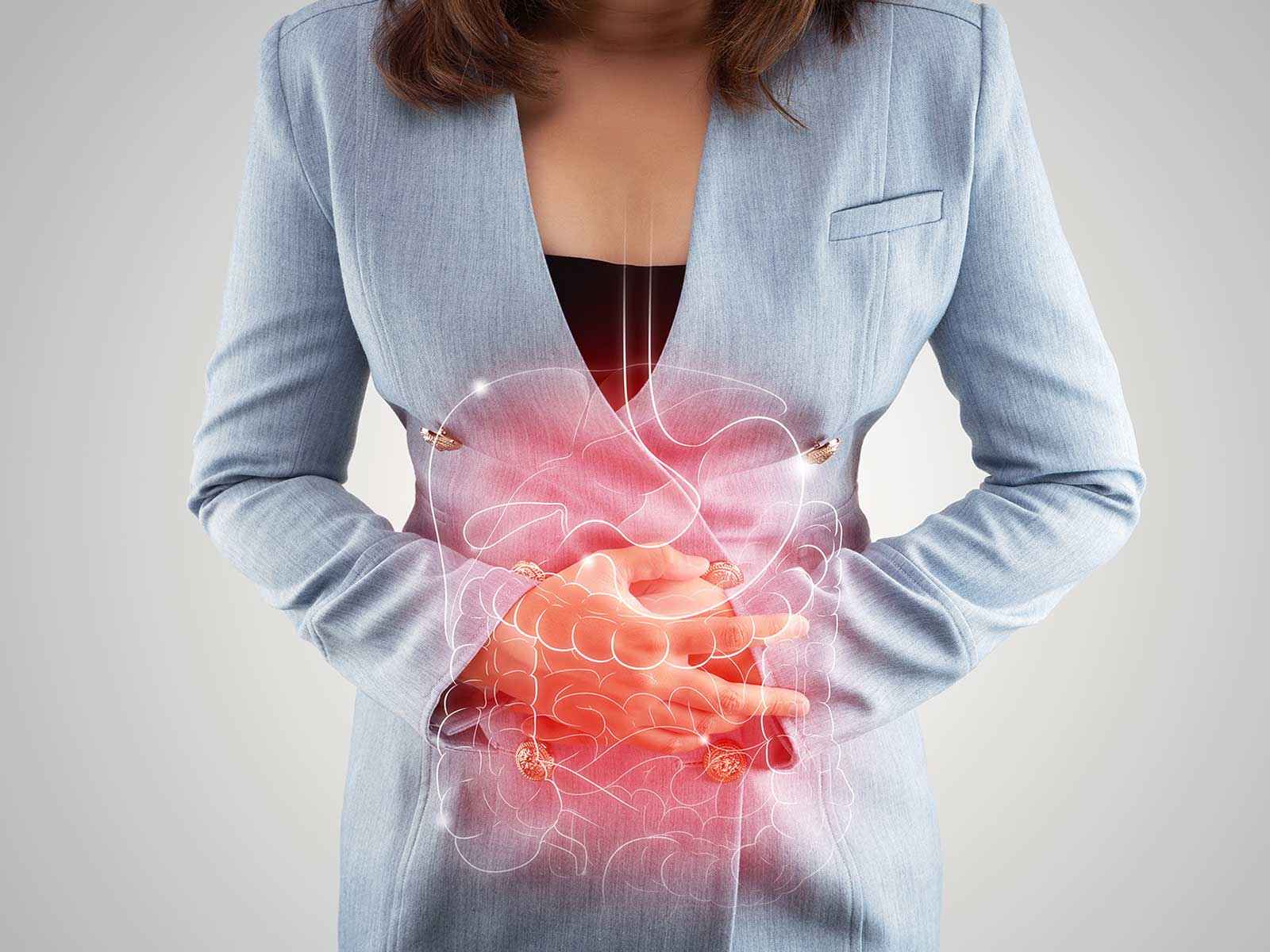
An ileal stricture occurs when the final segment of the small intestine (the ileum) becomes narrowed or blocked, often due to inflammation or scar tissue. This narrowing can slow or stop the normal flow of food, fluids and digestive contents through the bowel.
You may not notice mild narrowing at first, but as the stricture worsens, you might experience:
Several factors can lead to scar formation or inflammation in the ileum, including:
At GastroDoxs in Jersey Village, our board-certified specialists and dedicated support team are here to create a personalized care plan for your indeterminate colitis. From expert diagnostics and tailored nutrition guidance to cutting-edge medications and lifestyle coaching, we're committed to helping you achieve lasting relief. Don't let IBD control your life-book your appointment today and start feeling better, one step at a time.
We've successfully treated more than 1.5K patients, helping individuals improve their digestive health and overall well-being through expert, personalized care.
With over 20 years of experience, GastroDoxs has been a trusted provider of gastroenterology care, focusing on delivering the best outcomes for patients
Diagnosis typically involves a combination of blood tests to check for inflammation and nutritional deficiencies, endoscopic evaluation with biopsy to assess tissue changes, and imaging studies such as CT or MRI enterography or contrast X-rays to visualize and measure the narrowing.
Medications like anti-inflammatory drugs (steroids or biologics) and antibiotics can reduce inflammation and help mild strictures, but moderate to severe cases often require endoscopic dilation or surgery for long-term relief.
Proximal dilation refers to the widening of the intestine just before a stricture, caused by upstream pressure as food and fluid build up against the narrowed segment; it is seen on imaging studies.
Yes. Endoscopic balloon dilation can gently widen the narrowed area, and medical therapies (anti-inflammatories, antibiotics, tailored nutrition plans) may manage symptoms and slow progression.
The stricture is commonly coded under Crohn's ileitis with ileal stricture (K50.014) or anastomotic stricture of an ileal conduit (N99.2), depending on the underlying cause and surgical history.
When performed by an experienced surgical team, repair of strictured ileal conduits or flaps has a low complication rate and can restore function and relieve obstruction.
Most patients stay in the hospital 3-5 days post-op, with gradual return to normal activities over 2-4 weeks. Pain is managed with medication, and follow-up visits ensure proper healing and nutritional support.
Your physician may recommend a soft or low-residue diet initially to ease intestinal workload, along with nutritional supplements if absorption is impaired; long-term dietary adjustments depend on individual tolerance and disease activity.
Yes. Recurrence is possible, especially in Crohn's disease. Regular follow-up, maintenance medications, and monitoring with imaging or endoscopy help detect and manage new or worsening strictures early.
To schedule a consultation, call GastroDoxs in Jersey Village or visit our website. Our gastroenterology team will evaluate your symptoms, perform necessary tests, and create a personalized treatment plan.